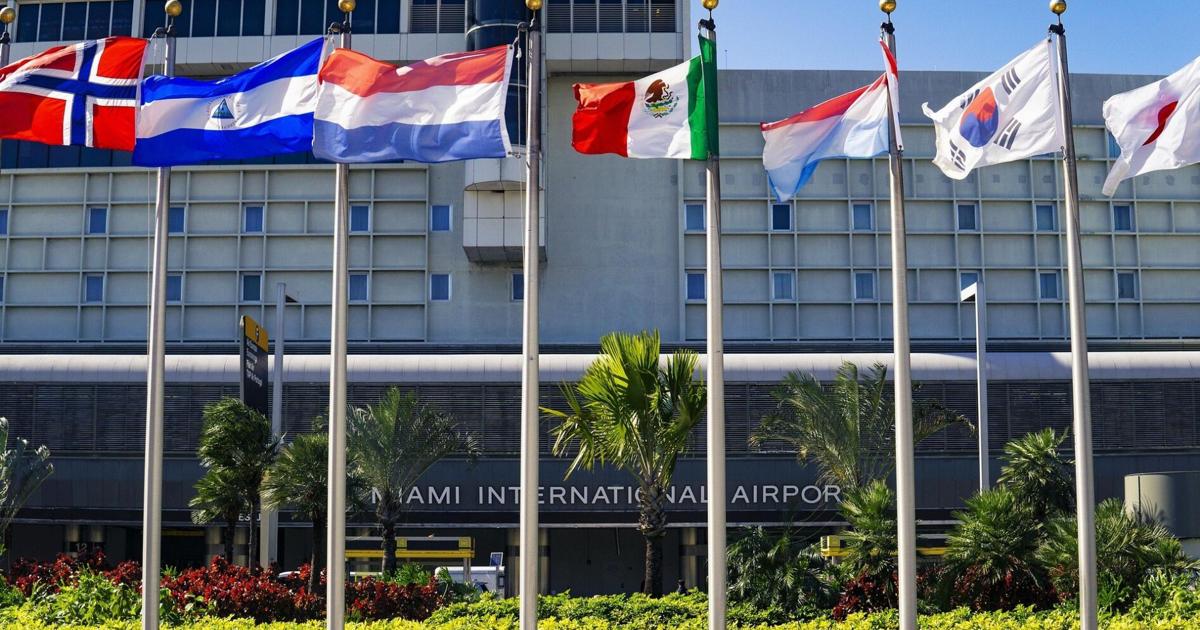The nation’s air-travel system took a major hit Sunday amid the ongoing federal government shutdown. According to multiple reports, U.S. airlines cancelled more than 2,700 flights and delayed over 10,000 on Sunday, marking the worst single day of disruption since the shutdown began.
Locally in South Florida, the impact is clear at Miami International Airport (MIA):
MIA reported 88 flight cancellations and 468 delays Sunday, according to FlightAware. As of Monday morning, FligtAware reported 35 flight cancellations and 51 delays.
The airport is among 40 U.S. airports identified by the Federal Aviation Administration (FAA) for capacity reductions, beginning with approximately 4 % cuts and potentially reaching higher levels as the shutdown continues.
Transportation Secretary Sean Duffy warned that if the shutdown persists, air travel could “reduce to a trickle” heading into the Thanksgiving holiday, traditionally one of the busiest travel weeks of the year.
With FAA-mandated reductions in place and thousands of staff working without pay, South Florida travelers, including Key Biscayne residents, should expect continued uncertainty at MIA and Fort Lauderdale-Hollywood International Airport in the days ahead.
Travel tips amid shutdown-related flight disruptions
With 2,700 cancellations nationwide and nearly 90 in Miami alone, travelers heading out of South Florida this week should plan ahead and prepare for changing conditions.
1. Check flight status frequently
Use your airline’s app or FlightAware
to track your flight in real time. Many cancellations are being made within hours of departure.
2. Arrive earlier than usual
Airport officials recommend arriving two hours early for domestic flights and three for international to allow extra time for long lines or rescreenings.
3. Keep carry-on essentials handy
Pack medications, chargers, snacks, and a change of clothes in your carry-on in case of an unexpected overnight delay.
4. Know your airline’s rebooking policy
Some carriers are waiving change fees for flights affected by FAA capacity cuts — check your airline’s website or app for details.
5. Stay flexible
If possible, consider traveling earlier or later in the week. Early-morning departures tend to face fewer ripple delays than afternoon or evening flights.

